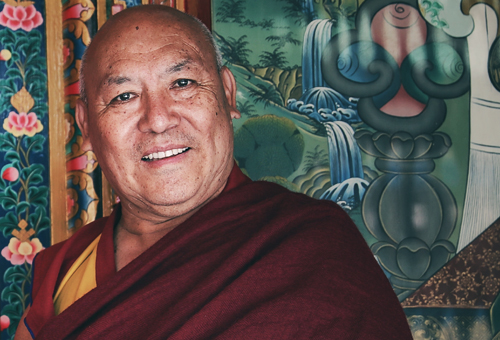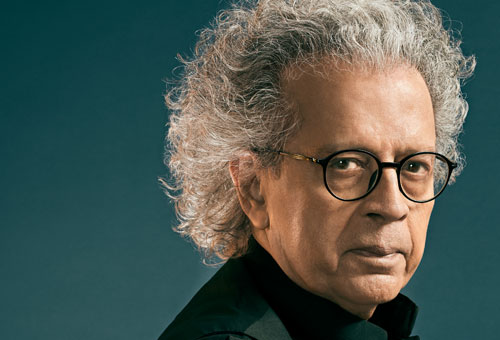You are violating copyright laws, this content is copyrighted.
© SPOKE. All Rights Reserved. Do not attempt to copy/save.
- Subscribe-submit
- podcast
- about us
- about us 2
- about us 3
- ajax-session
- contact
- Copyright
- disclaimer
- getmembercontent
- home
- Interviews
- Newsletter
- photos
- podcast3
- press
- Privacy Policy
- Sample Page
- saved
- smartslider
- sponsors
- subscribe
- Terms & Conditions
- test
- test-podcast
- test2
- videos
- view interview
- view interview
- view photos

Preview
Infrastructures are of course important, you know, without proper infrastructure you can’t attract people, but that’s just for attraction, but the most important thing is (laughs), we can even use the word, ‘civilizing the people’ you see? (laughs) so that takes time, and is very very important, because although my strongest observation is, as you all know, that untoldable sufferings, were created in Tibet because of the Chinese invasion, so we have a natural right to complain about this, do demonstrations and things like that, but this is not the solution, you see?
Name: Geshe Lhakdor (Geshe La - 'Geshe' - Doctor of Divinity)
Born 1956: Yakra, Western Tibet.
Left Tibet in 1962: After the communist Chinese invaded Tibet in 1959.
Occupation: Religious Scholar, Director of Library of Tibetan Works and Archives (LTWA).
The ongoing global popularity of the Dalai Lama, a religious leader not from the west has been unprecedented, but behind the scenes there’s a small army of dedicated people that goes mostly unnoticed. Geshe Lhakdor belongs to that select group…an insightful, intellectual monk who is a Religious Scholar and the Director of Library of Tibetan Works and Archives, Dharamshala. He is also Chairman of the Council for Tibetan Education in Exile and has served as a religious assistant and translator for His Holiness, the Dalai Lama for 20 years.
Infrastructures are of course important, you know, without proper infrastructure you can’t attract people, but that’s just for attraction, but the most important thing is (laughs), we can even use the word, ‘civilizing the people’ you see? (laughs) so that takes time, and is very very important, because although my strongest observation is, as you all know, that untoldable sufferings, were created in Tibet because of the Chinese invasion, so we have a natural right to complain about this, do demonstrations and things like that, but this is not the solution, you see?
Name: Geshe Lhakdor (Geshe La - 'Geshe' - Doctor of Divinity)
Born 1956: Yakra, Western Tibet.
Left Tibet in 1962: After the communist Chinese invaded Tibet in 1959.
Occupation: Religious Scholar, Director of Library of Tibetan Works and Archives (LTWA).
The ongoing global popularity of the Dalai Lama, a religious leader not from the west has been unprecedented, but behind the scenes there’s a small army of dedicated people that goes mostly unnoticed. Geshe Lhakdor belongs to that select group…an insightful, intellectual monk who is a Religious Scholar and the Director of Library of Tibetan Works and Archives, Dharamshala. He is also Chairman of the Council for Tibetan Education in Exile and has served as a religious assistant and translator for His Holiness, the Dalai Lama for 20 years.
Preview
Edit-A: When your first guest was asked to describe himself in a one word, he said, “Multifaceted.” Who says that? Sure, the man has been many things: a curator of words, a builder of things, and a cutter ob-scenes…but an even more apt description would have been Mad Hatter; I mean, have you seen his hair? He is father to Jamillia the mighty Queen of Naboo, and author to The Romance of Salt, a tale of the lowly sodium chloride. They both tackle very uninteresting questions - in the movie, the queen asks “To lose it, or not to lose it?” In the book the author asks, “To iodize it, or not to iodize it?” I don’t think…
A: Then as the real mad hatter says, “you probably shouldn’t talk!”
Name: Anil Dharker
Occupation: Journalist, writer
Anil Dharker is among other things a journalist, writer, and organizer of Tata Literature Live! - an annual literature festival held in Mumbai. Outside of his literary interests, he is also a keen cricket enthusiast.
Books:
The Romance of Salt
Icons: men & women who shaped today's India
The Man Who Talked to Machines: The Story of Om Prakash Jindal
Edit-A: When your first guest was asked to describe himself in a one word, he said, “Multifaceted.” Who says that? Sure, the man has been many things: a curator of words, a builder of things, and a cutter ob-scenes…but an even more apt description would have been Mad Hatter; I mean, have you seen his hair? He is father to Jamillia the mighty Queen of Naboo, and author to The Romance of Salt, a tale of the lowly sodium chloride. They both tackle very uninteresting questions - in the movie, the queen asks “To lose it, or not to lose it?” In the book the author asks, “To iodize it, or not to iodize it?” I don’t think…
A: Then as the real mad hatter says, “you probably shouldn’t talk!”
Name: Anil Dharker
Occupation: Journalist, writer
Anil Dharker is among other things a journalist, writer, and organizer of Tata Literature Live! - an annual literature festival held in Mumbai. Outside of his literary interests, he is also a keen cricket enthusiast.
Books:
The Romance of Salt
Icons: men & women who shaped today's India
The Man Who Talked to Machines: The Story of Om Prakash Jindal




